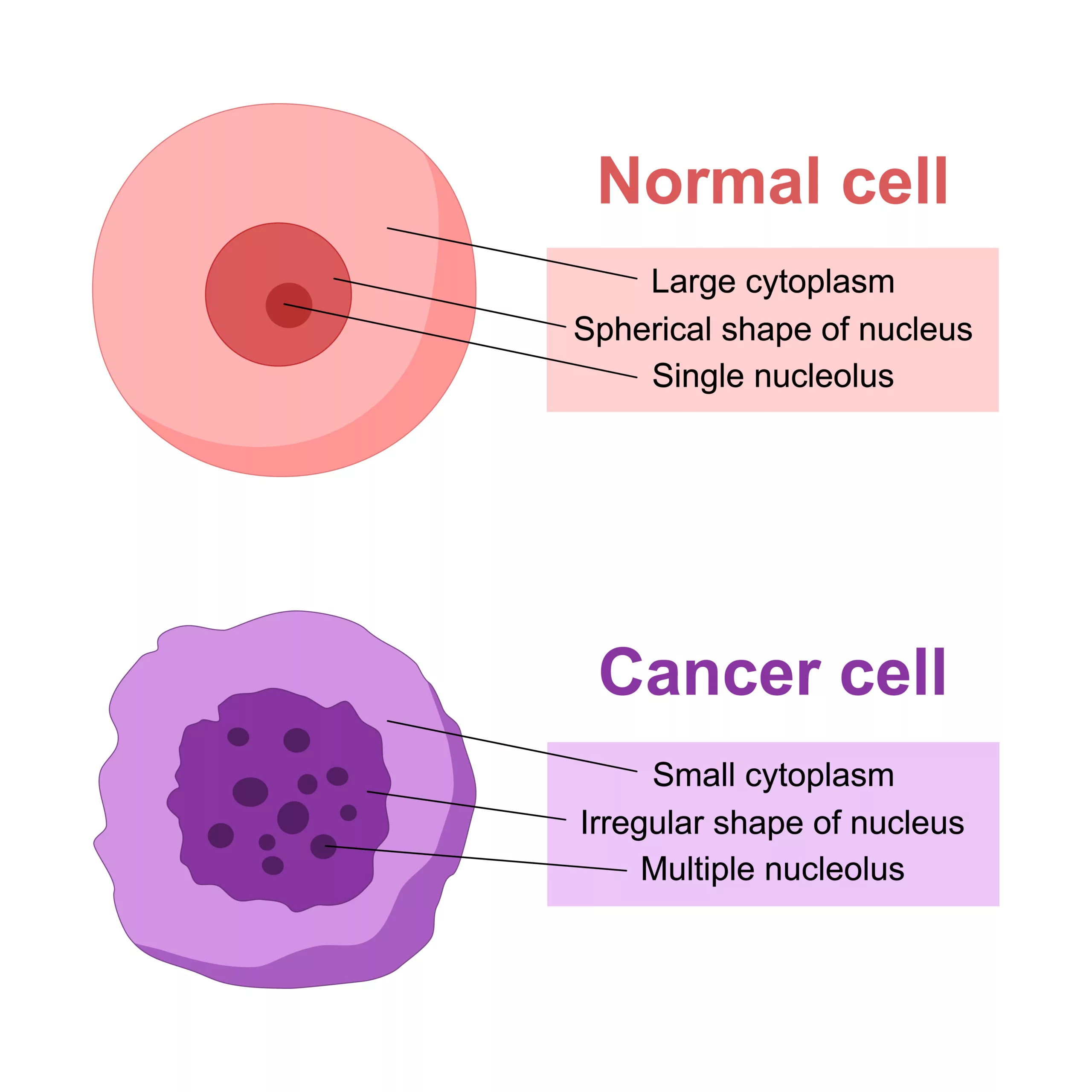Solid Tumor Cancers
Solid tumor cancers refer to cancers that form a lump or mass of tissue, which is often a result of the abnormal growth of cells. These tumors can develop in various parts of the body and are typically classified based on their origin, such as carcinomas, sarcomas, or brain tumors.
Unlike blood cancers, such as leukemia, which affects the blood and bone marrow and doesn’t form solid masses, solid tumors are characterized by the formation of a tangible mass or growth.
Common Types of Solid Tumor Cancers
Carcinomas
These are the most common types of solid tumors and begin in epithelial cells, which line the inside and outside surfaces of the body. Examples include:
- Breast cancer – originates in breast tissue
- Colon cancer – originates in the colon or rectum
- Lung cancer – originates in the lung tissue
- Prostate cancer – originates in the prostate gland
- Pancreatic cancer – originates in the pancreas
Sarcomas
These are cancers that start in the bone, and soft tissues, such as bones, muscles, cartilage, and fat. Some examples include:
- Osteosarcoma – bone cancer
- Liposarcoma – cancer of fat cells
- Rhabdomyosarcoma – cancer of muscle tissue
Brain tumors
These can be primary, originating in the brain, or metastatic, spreading from other parts of the body. Brain tumors are a type of solid tumor, which may arise in the nervous tissue, though the tumor mass may be more difficult to remove due to the location and complexity of the brain’s structure.

Characteristics of Solid Tumors
- Growth: Solid tumors are masses of abnormal cells that can press into nearby tissues, often making them detectable by touch or visible on imaging.
- Types of Tumor Growth: Some solid tumors are benign and don’t spread. Others are malignant, meaning they can invade nearby tissue and spread to other parts of the body through metastasis.
- Diagnosis and Staging: Solid tumors are typically diagnosed using imaging tests (such as CT scans, MRIs, or ultrasounds) and confirmed with a biopsy. Staging—based on the tumor’s size, location, and whether it has spread—is essential for guiding treatment.
Guiding You from Diagnosis to Recovery
At Lowcountry Oncology Associates, we provide expert care for all types of solid tumor cancers, including breast, lung, colorectal, prostate, and more. Our board-certified physicians use advanced diagnostic tools and the latest treatment options to create personalized care plans tailored to each patient. From diagnosis through recovery, our team is here to guide and support you every step of the way.

